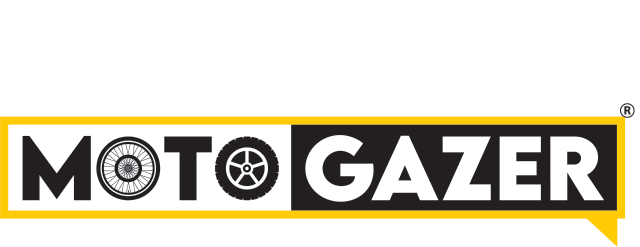Project Trinity: The Epicenter of Volkswagen ACCELERATE Strategy
The automotive giant Volkswagen has come up with yet another disruptive idea to take on the modern-day motor vehicles business. This time they are here with a masterplan that intends to disrupt how modern vehicles, especially the car segment, are designed, developed, and manufactured. Project Trinity is at the crux of this change. The electric vehicle is expected to be produced in the Volkswagen Wolfsburg plant from 2026. The carmaker brand Volkswagen recently publicized the first design preview of the “Project Trinity” an electrically powered sedan.
As several competitors and car manufacturers are still adapting to the transition phase – from petrol/diesel to electric, Volkswagen is driving towards a complete revamp with its “ACCELERATE” strategy. Intending to completely reform its business model, Volkswagen plans to bring innovative technology to the masses. It aims to make the technology available to everyone and not just to the privileged. The transformation to electromobility was just the beginning, the real disruption is yet to come, says Ralf Brandstätter, CEO, Volkswagen.
With expected manufacturing of the Trinity starting from 2026, Volkswagen intends to move to Level 4. It claims to be ready for the transformation and states to be Level 2+ by the time they start the project. The name Trinity is derived from the Latin word “Trinitas” which means tri-unity. Project Trinity is expected to be one of its kind setting new standards in terms of range, supply/charging speed, and digitalization. The automotive brand intends to offer automation technology in the volume segment to many people. The new technology is based on the data-centric study and learning of neural networks at driving instances to make it comfortable for the user.
The future models of the trinity electric vehicles are driven by four major forces that are – Electrification, Software-defined products, Automatic driving, and Business model 2.0. Volkswagen intends to make sustainable e-mobility and innovations accessible and affordable to people. By 2030 it aims to double the share of e-cars in Europe from previously planned 35% to 70% and up to 50% in the USA and China. It is creating a business model that values the customer and the planet earth. Volkswagen is a global market leader for climate-neutral e-mobility. Now the goal is to be completely C02 neutral by 2050.
With business model 2.0, it intends to offer software-based products and generate revenues with its robust digital ecosystem. Future cars are expected to have fewer variants with standardized hardware. Customers will be able to customize the features of the vehicle as per their expectations while buying it. Volkswagen intends to generate additional revenue in the usage phase from the customer for services like charging, automated driving, and other software-based function. It pledges to invest around 16 billion euros for conducting further research and innovating in subjects like e-mobility, hybridization, and digitalization. By integrating such innovation, it intends to achieve economies of scale by reducing the cost of building unique hardware for different cars and integrating all the features and functionalities across all the vehicles. Now it is the choice of the customer to buy the package that he/she desires.
By building such a top-class vehicle of the future the Wolfsburg plant will become a place to visit, a state-of-the-art, intelligent, and fully networked production center. We can expect that software integration and digital experiences will be the core competencies of Volkswagen auto in the coming years.



